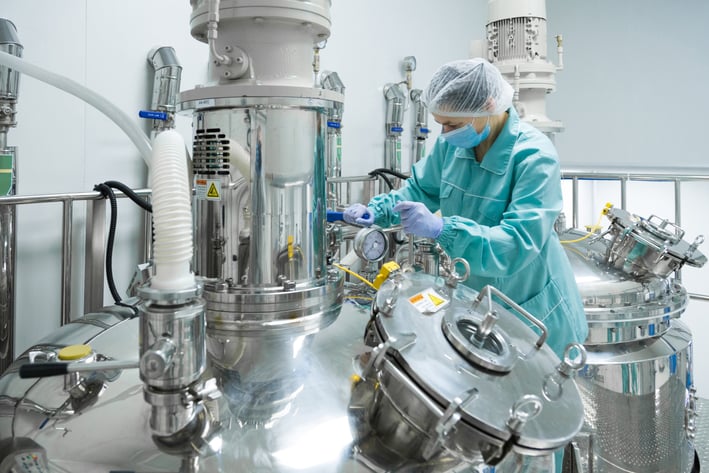Exploring innovative preservation techniques to extend shelf life and reduce contamination risks
Research Highlight: Revolutionizing Food Safety Standards
Food safety is at the heart of public health, and as global food systems become more complex and interconnected, the need for innovative solutions has never been more critical. The Institute for Food and Drug Policy is at the forefront of revolutionizing food safety standards through research into advanced preservation technologies that can extend shelf life, reduce contamination, and contribute to a more resilient food supply chain.
Our research explores a wide range of innovative preservation techniques, including antimicrobial packaging, high-pressure processing, cold plasma treatment, and natural preservatives, to address the challenges posed by foodborne illnesses, spoilage, and waste. These cutting-edge technologies hold the potential to improve food safety by inhibiting the growth of harmful pathogens, preventing spoilage, and maintaining nutritional quality over longer periods, all while minimizing the environmental footprint of food production.
Through laboratory testing, field trials, and real-world simulations, our team is analyzing the effectiveness, cost-efficiency, and scalability of these technologies. We are particularly focused on understanding how these preservation methods can be integrated into existing food safety frameworks and regulatory processes, ensuring their safety, effectiveness, and public acceptance.
As part of our commitment to shaping future policy, we are also conducting comparative studies to evaluate global food safety standards and the adoption of these advanced technologies across different regions. This research is essential in driving policies that foster innovation while safeguarding public health. By developing practical recommendations and collaborating with industry leaders, regulators, and stakeholders, we aim to pave the way for more robust, science-backed food safety regulations that can reduce contamination risks and food waste.
With food safety concerns growing in the face of climate change, population growth, and global supply chain disruptions, our work is positioned to have a profound impact on the future of food security. By integrating innovation with regulation, we can ensure that the food systems of tomorrow are not only safer but also more sustainable and resilient.


INSTITUTE FOR
FOOD AND DRUG POLICY
Shaping smarter food and drug policies for a healthier tomorrow.
Main Office
info@fooddrugpolicy.org
1215 K Street, #1180, Sacramento, CA 95814
© 2025. All rights reserved.
NORTH CAROLINA OFFICE
555 S. Mangum Street, Suite 100, Durham, NC 27701
530-746-8933
336-663-3301
NEW JERSEY OFFICE
221 River Street, Hoboken, NJ 07030
201-431-2540
